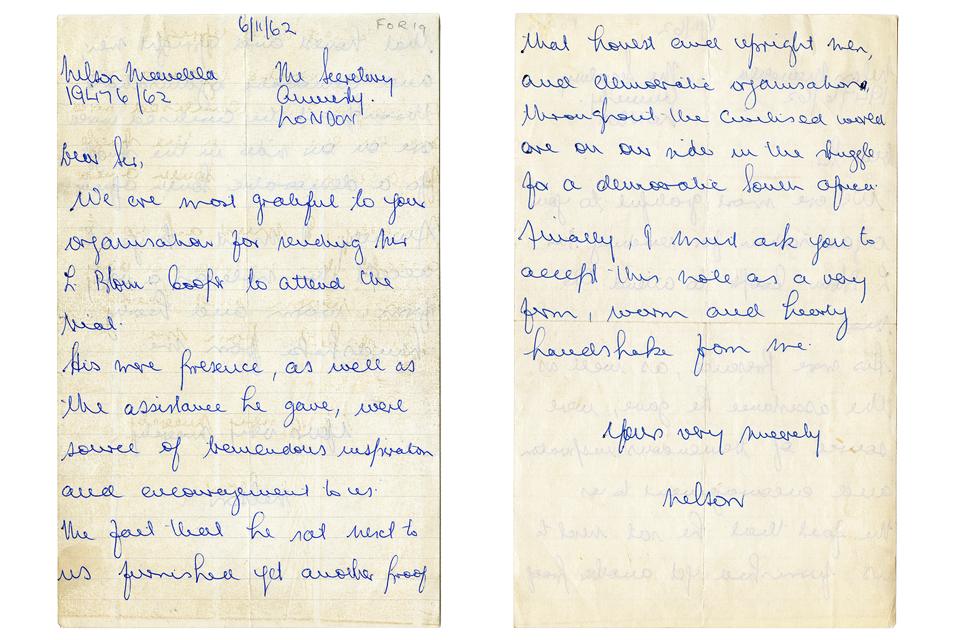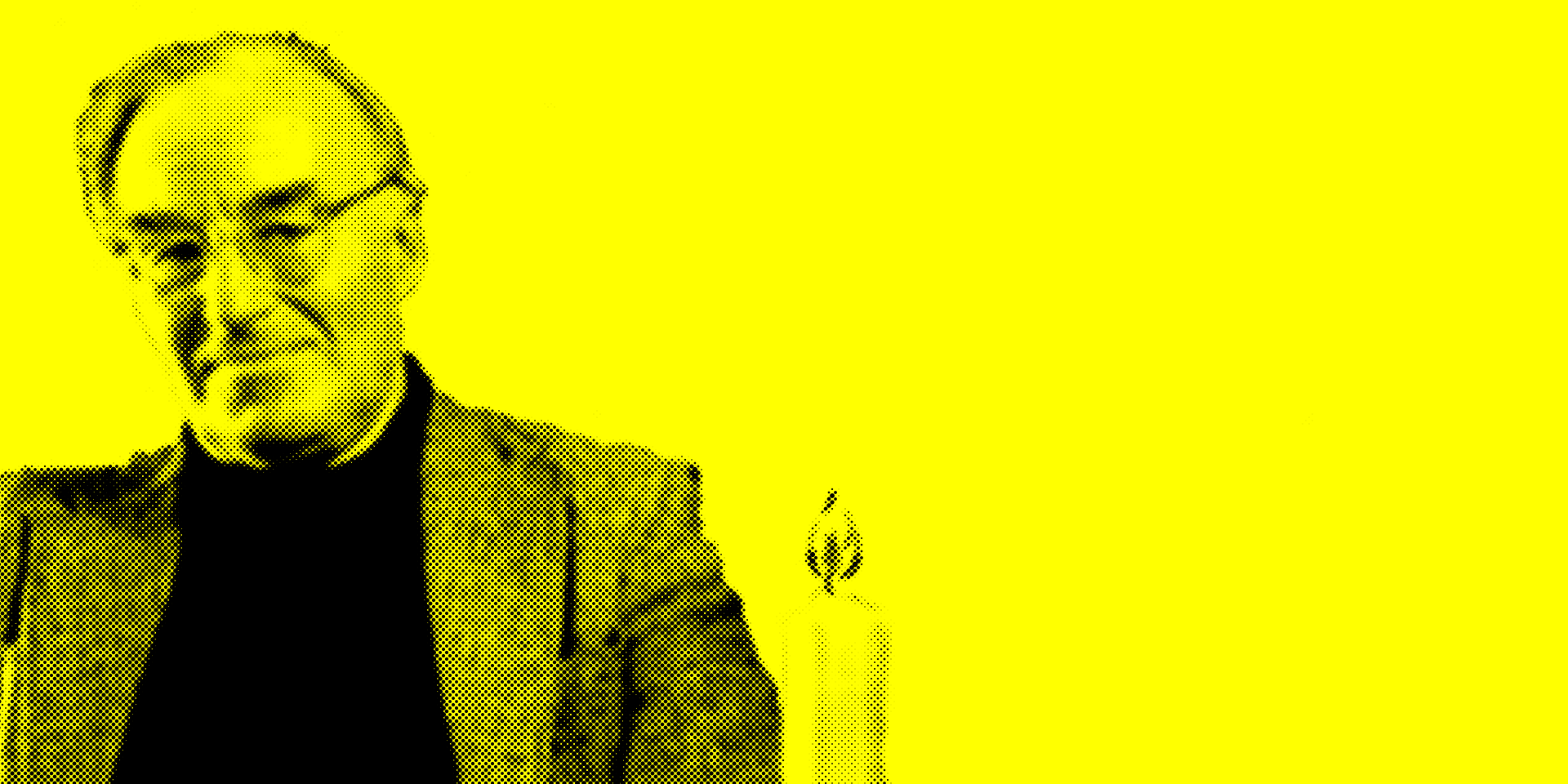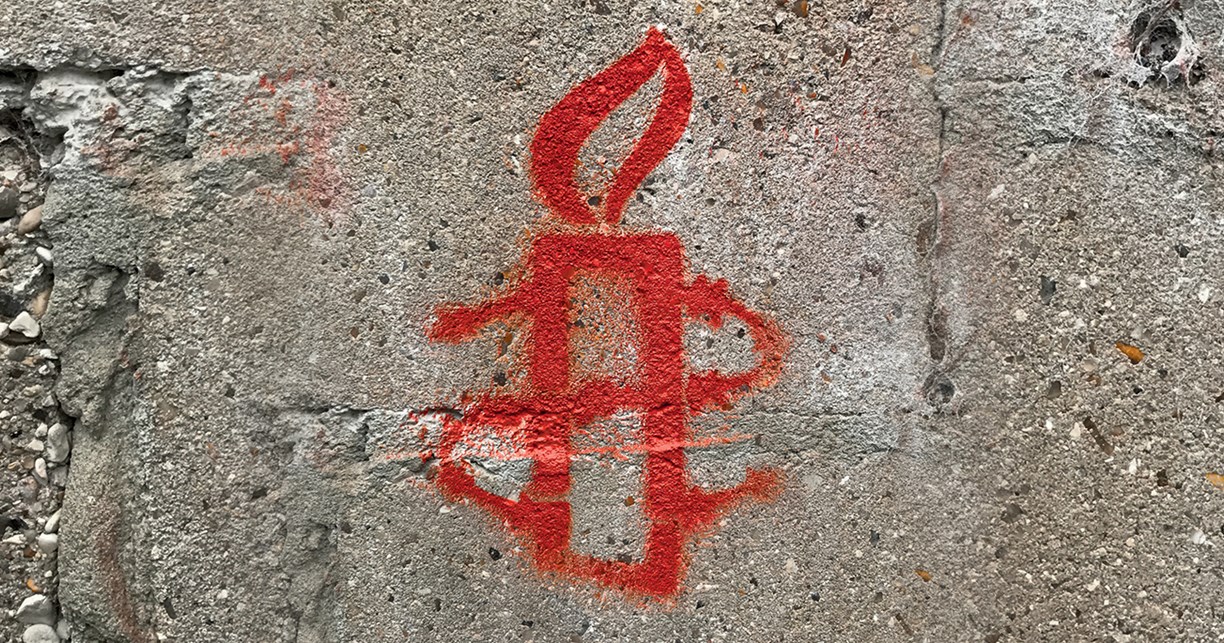What does Amnesty do?

We investigate and expose the facts, whenever and wherever abuses happen.
We lobby governments, and other powerful groups such as companies. Making sure they keep their promises and respect international law.
By telling the powerful stories of the people we work with, we mobilise millions of supporters around the world to campaign for change and to stand in defence of activists on the frontline.
We support people to claim their rights through education and training.
How it began

In 1961, British lawyer Peter Benenson was outraged when two Portuguese students were jailed just for raising a toast to freedom. He wrote an article in The Observer newspaper and launched a campaign that provoked an incredible response. Reprinted in newspapers across the world, his call to action sparked the idea that people everywhere can unite in solidarity for justice and freedom.
This inspiring moment didn’t just give birth to an extraordinary movement, it was the start of extraordinary social change.
Only when the last prisoner of conscience has been freed, when the last torture chamber has been closed, when the United Nations Universal Declaration of Human Rights is a reality for the world’s people, will our work be done.
Peter Benenson – Amnesty International founder
Amnesty evolves
Over the years, human rights have moved from the fringes to centre stage in world affairs.
Amnesty has grown from seeking the release of political prisoners to upholding the whole spectrum of human rights.
Our work protects and empowers people – from abolishing the death penalty to protecting economic, social and cultural rights, and from combatting discrimination to defending refugees and migrants’ rights. From defending women’s rights to demanding justice and accountability for human rights abuses.
We speak out for anyone and everyone whose freedom and dignity are under threat.

Amnesty today
After more than 50 years of groundbreaking achievements, Amnesty has been through a major transformation, adapting to dramatic changes in South Africa, the region and the world.
We have moved closer to the ground with regional offices in Africa, Asia-Pacific, Central and Eastern Europe, Latin America and the Middle East. These regional offices serve national offices (called Sections) in various cities in these regions, and it’s with these national offices that Amnesty International can respond quickly to events wherever they happen, and be a powerful force for freedom and justice.
Now, imagine what we could achieve standing side-by-side with activists in every corner of South Africa and the globe.

